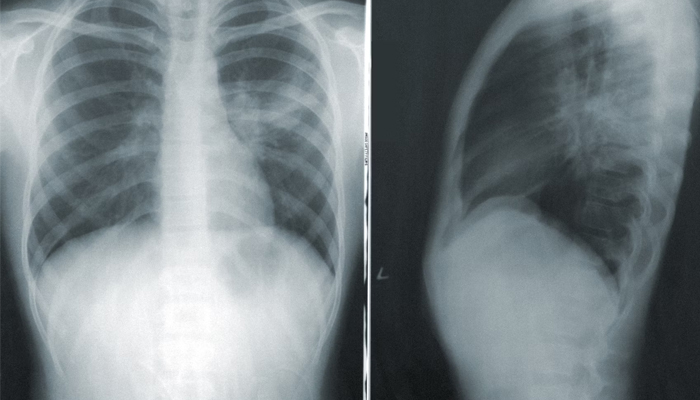More women are diagnosed with lung cancer than men and experts don't know why
Estimates revealed that this cancer kills around 164 women daily in the US
October 15, 2023

A recent study left scientists baffled as they endeavour to answer why more young and middle-aged women are contracting lung cancer than men — responsible for killing females more than breast and ovarian cancers.
According to radiation oncologist Dr Andrea McKee, the number one killer of women is not breast cancer but lung cancer and urged education about the disease.
Estimates revealed that this cancer kills around 164 women daily in the US.
The US Centers for Disease Control and Prevention noted: "As smoking is seen as a primary cause of lung cancer, the rates of women using cigarettes declined significantly over the past couple of decades."
"However, the number of women with cancer was rising, especially in those who never smoked."
The research published in the journal JAMA Oncology found that lung cancer diagnoses have risen 84% in women over the past 43 years while dropping 36% in men.
It was revealed that those who never smoked are twice as likely to get cancer than male non-smokers.
Scientists have tried to explain but could not find any concrete reason why it is attacking one gender.
Legislators intend to establish a specific centre aimed at increasing funding and official collaborators to ascertain the condition of preventive services being provided to women alongside awareness campaigns.
Studies indicated that only 15% of the budget of the National Institutes of Health is directed toward female-focused research, and lung cancer remains the top women killer.
American Cancer Society noted that other risk factors include family history, exposure to secondhand smoke, radon, asbestos, pollution and arsenic in drinking water.
Usually, lung cancer is diagnosed late therefore proving detrimental. It also remains very hard to treat.
Researchers hope that studies showing gender disparities in lung cancer will make healthcare providers aware of how this disease affects women so they can know to watch for it.
It is recommended to consult a doctor if a cough lasts more than six weeks, blood showing up while coughing, shortness of breath or hoarse for a few weeks, or unexplained weight loss.











